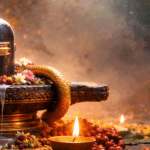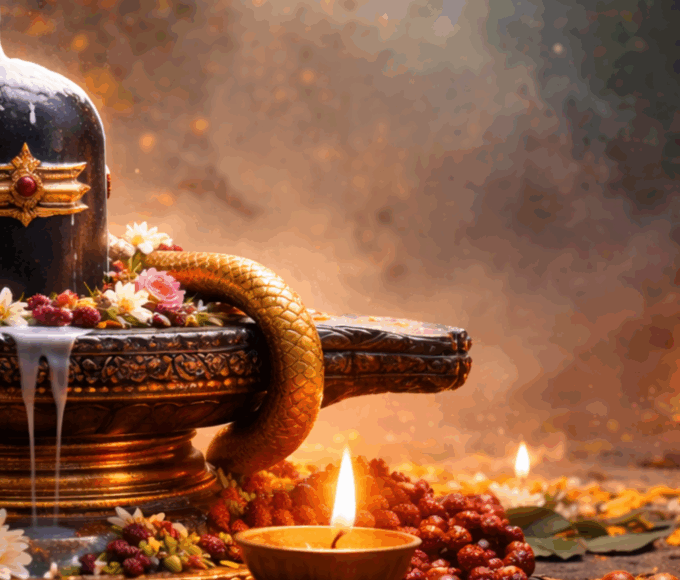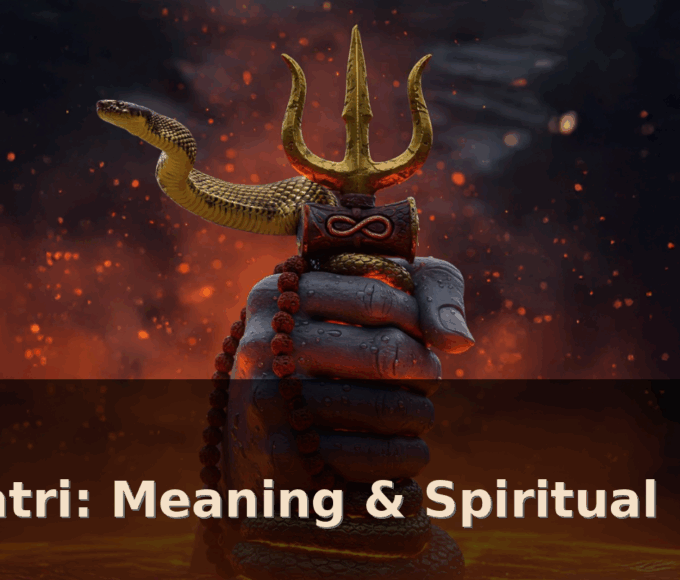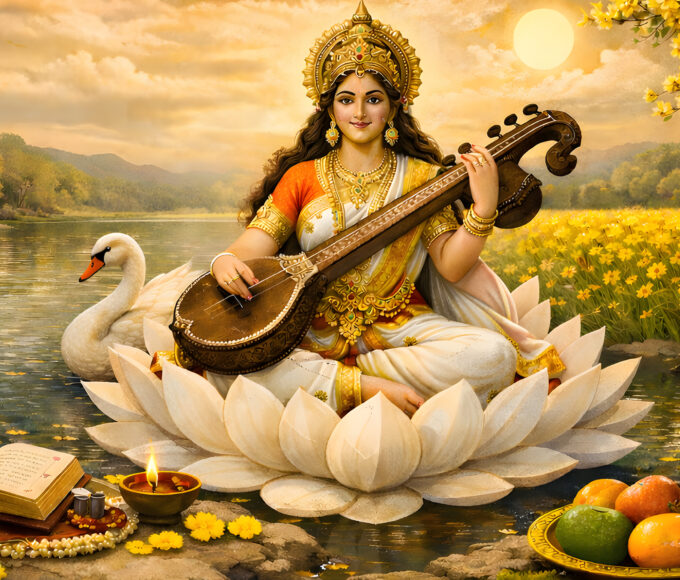Discover the customs, traditions, and significance of Gudi Padwa, the auspicious Hindu New Year festival celebrated with much enthusiasm in India.
What is Gudi Padwa?
Gudi Padwa, also known as Ugadi or Chaitra Shukla Pratipada, is a major Hindu festival celebrated in various parts of India to mark the beginning of the New Year. This festival falls on the first day of Chaitra month as per the Hindu calendar and is considered to be one of the most auspicious occasions in the Hindu calendar.
The festival is celebrated with great fervor and enthusiasm in Maharashtra, Goa, Andhra Pradesh, Karnataka, and some parts of Tamil Nadu and Kerala.
When is Gudi Padwa celebrated in 2023?
Gudi Padwa is a festival celebrated in various parts of India to mark the beginning of the New Year in the Hindu calendar. It is celebrated on the first day of the Chaitra month, which usually falls in late March or early April. In 2023, Gudi Padwa will be celebrated on Wednesday, 22nd March.
Chaitra Navratri coincides with Gudi Padwa, which marks the beginning of the Hindu New Year in Maharashtra and other parts of India. It is believed that Lord Brahma created the universe on this day, and it marks the beginning of a new cycle of seasons.
Significance of Gudi Padwa
Gudi Padwa is a festival that marks the beginning of the New Year in the Hindu calendar. It is celebrated on the first day of the Chaitra month, which falls between March and April according to the Gregorian calendar. The festival holds great significance in Hindu mythology and is celebrated with much enthusiasm in various parts of India.
One of the important legends associated with the festival is the story of Lord Rama’s return to Ayodhya after defeating Ravana. According to the legend, Lord Rama returned to Ayodhya on this day after spending fourteen years in exile. The people of Ayodhya welcomed him by hoisting a Gudi, which symbolized his victory over evil.
Another legend associated with the festival is the story of Lord Brahma creating the universe. According to Hindu mythology, Lord Brahma created the universe on this day, and the festival is celebrated as a new beginning and a renewal of faith.
Apart from these legends, Gudi Padwa is also considered an auspicious day for starting new ventures and making important decisions. People also decorate their homes with colorful rangolis and torans, and prepare special dishes like puran poli, shrikhand, and modak, which are offered to God and then shared among family and friends.
Overall, Gudi Padwa is a festival that celebrates the victory of good over evil, the creation of the universe, and new beginnings. It is a time to welcome the New Year with enthusiasm and positivity, and to seek blessings for prosperity and success.
Customs and Traditions of Gudi Padwa
The festival of Gudi Padwa is celebrated with various customs and traditions. One of the most important traditions of this festival is the hoisting of the Gudi, which is a flag-like structure made of a bamboo stick, adorned with a colorful cloth, and topped with a copper or silver pot. This Gudi is hoisted outside the houses to symbolize victory and good luck.
Another important tradition of Gudi Padwa is the preparation of special dishes like puran poli, shrikhand, and modak, which are offered to God and then shared among family and friends. Women and children also decorate their homes with rangolis and torans, which are colorful decorations made of flowers and leaves.
How to celebrate?
Gudi Padwa is a festival that marks the beginning of the New Year in the Hindu calendar. It is celebrated with great enthusiasm in various parts of India and is considered an auspicious day for new beginnings and starting new ventures. Here are some ways you can celebrate Gudi Padwa:
Hoist a Gudi
The Gudi is a symbol of victory and is hoisted on a bamboo stick outside homes on Gudi Padwa. To make a Gudi, a bright silk cloth is tied to a bamboo stick, and a copper or silver vessel is placed on top of it, along with a garland of flowers and leaves. The Gudi is then hoisted outside the home to signify the victory of good over evil.
Decorate your home
People decorate their homes with colorful rangolis, torans, and flowers on Gudi Padwa. You can make a rangoli using colored powder or flowers, and decorate your home with marigold and mango leaves. This adds to the festive atmosphere and brings positive energy into your home.
Prepare special dishes
Gudi Padwa is a time to enjoy special dishes like puran poli, shrikhand, and modak. These dishes are considered to be auspicious and are prepared on this day to offer to God and share with family and friends.
Seek blessings
Gudi Padwa is a time to seek blessings for prosperity, success, and happiness. You can visit a temple, offer prayers, and seek the blessings of God on this auspicious day. You can also seek the blessings of elders in your family and wish them a happy and prosperous New Year.
Spend time with family and friends
Gudi Padwa is a time to celebrate with family and friends. You can invite them over for a festive meal, exchange sweets and gifts, and spend quality time together. This strengthens relationships and adds to the joy of the festival.
Gudi Padwa is a time to celebrate new beginnings, seek blessings, and enjoy the company of loved ones. By hoisting a Gudi, decorating your home, preparing special dishes, seeking blessings, and spending time with family and friends, you can make the most of this auspicious day and welcome the New Year with positivity and enthusiasm.
In Conclusion
Gudi Padwa is a significant Hindu festival that marks the beginning of the New Year in the Hindu calendar. The festival is celebrated with great fervor and enthusiasm in various parts of India, and it is considered one of the most auspicious occasions in the Hindu calendar.
It is a time to celebrate new beginnings, seek blessings, and enjoy the company of loved ones. The hoisting of the Gudi, the preparation of special dishes, the decoration of homes with colorful rangolis and torans, and seeking blessings from elders and God are some of the customs and traditions associated with the festival.
By following these customs and traditions and celebrating the festival with positivity and enthusiasm, one can make the most of this auspicious day and welcome the New Year with happiness and prosperity.


















Leave a comment